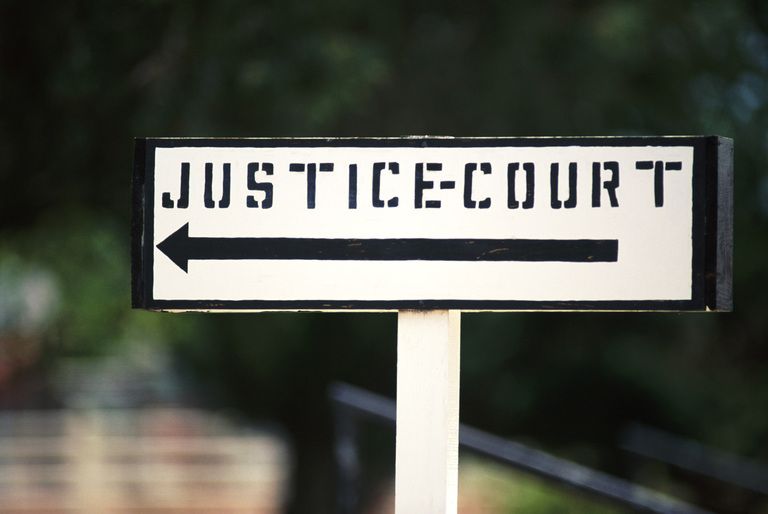 If you are currently facing charges for a drug-related criminal offense, you are likely concerned about the outcome of your case. If this is the first time you have been involved in the criminal justice system, you are likely feeling additional stress from trying to navigate the legal system with which you are unfamiliar. Of course, the best possible outcome for any defendant in a criminal prosecution is to have the charges dismissed outright. Barring that, securing a not guilty verdict at trial will accomplish effectively the same thing, preventing a conviction on your criminal record. At some point, however, entering into a guilty plea agreement with the State of Nebraska will at least be discussed. Because there is a wealth of misleading and inaccurate information you may encounter about guilty plea agreements, an Omaha drug crime attorney explains how one is negotiated, what it means in the long run, and how a plea agreement really works.
If you are currently facing charges for a drug-related criminal offense, you are likely concerned about the outcome of your case. If this is the first time you have been involved in the criminal justice system, you are likely feeling additional stress from trying to navigate the legal system with which you are unfamiliar. Of course, the best possible outcome for any defendant in a criminal prosecution is to have the charges dismissed outright. Barring that, securing a not guilty verdict at trial will accomplish effectively the same thing, preventing a conviction on your criminal record. At some point, however, entering into a guilty plea agreement with the State of Nebraska will at least be discussed. Because there is a wealth of misleading and inaccurate information you may encounter about guilty plea agreements, an Omaha drug crime attorney explains how one is negotiated, what it means in the long run, and how a plea agreement really works.
Criminal Law Fact” and Fiction
Given the seemingly endless number of television shows focusing on the criminal justice system, most people have a fairly good idea of the basic steps in a criminal prosecution. Unfortunately, those same shows frequently get some important details wrong. The manner in which a guilty plea agreement is negotiated is often one of those details. Before you even consider entering into a plea agreement, you should always consult with an experienced criminal defense attorney. In fact, a judge should not accept a guilty plea agreement unless he/she is convinced that you consulted with an attorney prior to agreeing to the plea agreement.
Negotiating a Guilty Plea Agreement
At some point during the early stages of the prosecution of a case, the option to enter into a guilty plea agreement is usually offered by the State via the prosecuting attorney assigned to the case. This is the unspoken signal for the defense to make a counter-offer and begin plea negotiations.
If an offer is not extended by the State, that usually means that the State has every intention of seeking a guilty verdict on all counts and the maximum sentence for each conviction. Assuming, for now, that an offer is extended, it is imperative that you understand what the terms of that offer mean and the consequences of accepting a guilty plea agreement.
Accepting a Guilty Plea Agreement
Your criminal defense attorney will negotiate on your behalf to secure a guilty plea agreement with the most favorable terms possible for you. If you ultimately accept an agreement, you will be admitting guilt. If you are charged with more than one offense, the State may agree to dismiss one or more of the charges against you in return for your plea of guilty. You will, however, need to get up in front of the judge and agree with the “factual basis” read by the prosecutor and admit that you are guilty of at least one charge against you.
Terms of a Guilty Plea Agreement
A guilty plea agreement can include a wide range of provisions. If you are pleading guilty to a drug related offense, however, some of the most common terms include:
- Incarceration – some or all of which may be suspended, meaning you do not have to serve the time assuming you successfully complete probation
- tell
- Payment of a fine
- Substance abuse evaluation
- Substance abuse rehabilitation – inpatient, outpatient, and/or classes
- Community service hours
- Cooperation on another case (testifying against a dealer, for example)
Before your attorney even begins negotiations it is always a good idea to sit down and discuss each of the potential areas so that your attorney knows what is most important to you and so that you fully understand what is expected of you.
Contact an Omaha Drug Crime Attorney at Petersen Law Office
If you have been charged with a drug-related criminal offense in the State of Nebraska, consult with an experienced criminal defense attorney as soon as possible to ensure that your rights are protected. In Nebraska contact Petersen Criminal Defense Law 24 hours a day at 402-509-8070 to discuss your case.


